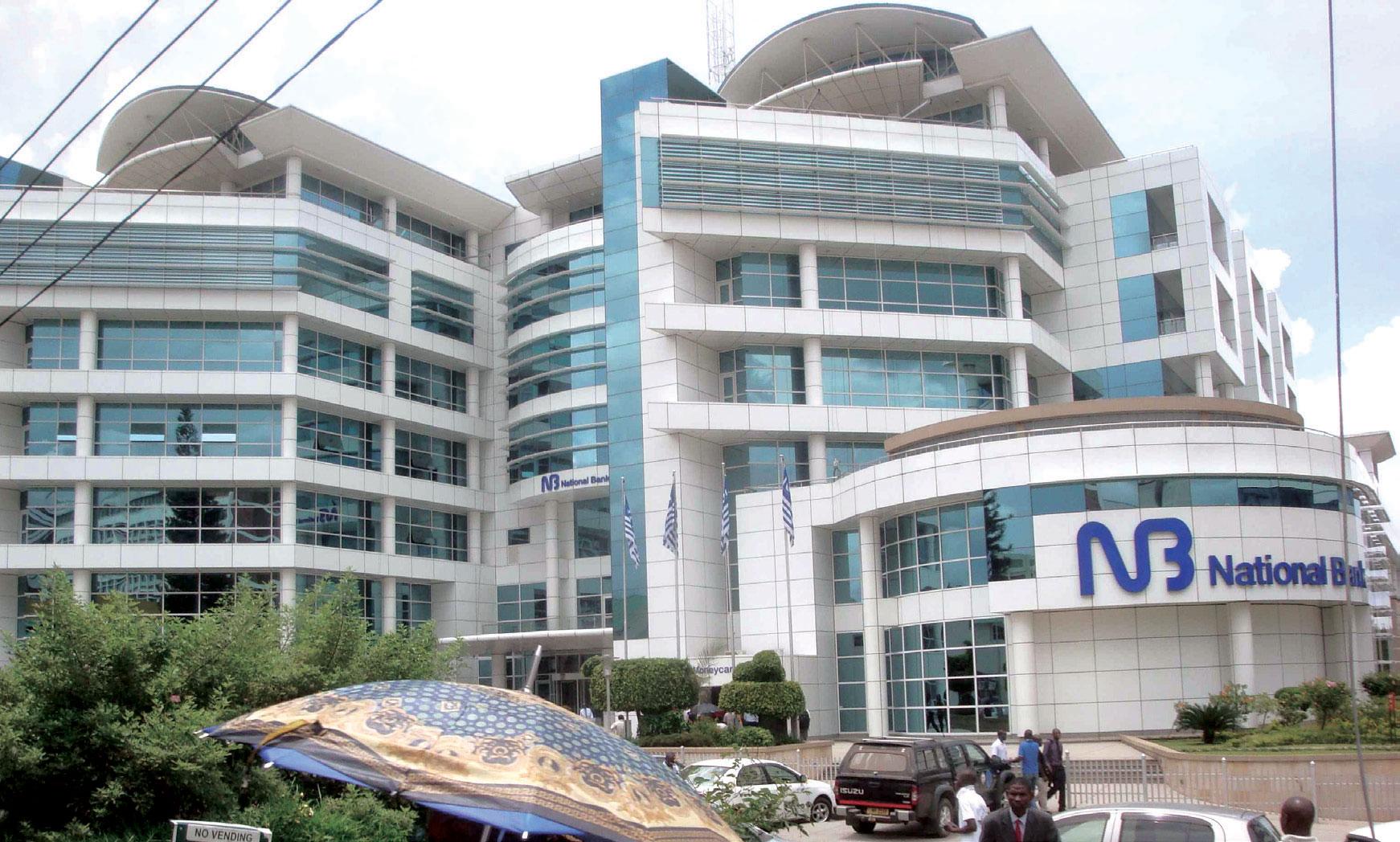Africa-Press – Malawi. Five commercial banks listed on the Malawi Stock Exchange (MSE) have projected increases in profit-after-tax of up to 110 percent in 2022, according to published trading statements.
For example, NBS Bank projects a profit-after-tax of 110 percent higher than the K7.7 billion recorded in 2021, FDH Bank projects a 50 percent increase in profit-after-tax from the K11.7 billion the preceding year.
National Bank of Malawi, Standard Bank and First Capital Holdings each projects a 30 percent rise in profits from K34.21 billion, K24.8 billion and K25.7 billion, respectively, in 2021.
This is despite a business slowdown in the year perpetuated by foreign exchange shortages, rising inflation that piled pressure on the bank rate and fuel shortages in the country.
However, the listing of 21 government debt securities on the MSE with a face value of K1.12 trillion could be seen as a contributor to the performance as commercial banks have been investing in government debt instruments.
Stock market analyst Bond Mtembezeka said banks always thrive during times of economic turbulence on top of the fact that the regulator, Reserve Bank of Malawi, ensures that the banks are well capitalised and have strong balance sheets.
“Interest rates rose and that has a direct bearing on the pricing of loans, and economic agents also borrow more from banks and even government borrows more from the financial institutions,” Mtembezeka said.
In an interview, Bankers Association of Malawi Chief Executive Officer Lynes Nkungula said, among other things, commercial banks did a lot of forex dealings which, coupled with the devaluation of the Kwacha, boosted the income firms generated in the year.
“If you look at the results, you will notice that the innovation of mobile banking brought in excellent results coupled with growth in lending and also fixed income instruments such us Treasury bills and Treasury bonds issued by the government.
“In general, banks performed better despite the harsh economic environment. A key challenge facing banks was lack of foreign exchange in the year. This led to shortage of fuel, which precipitated to the manufacturing and construction sectors facing serious disruptions. Banks also continue to face supply chain disruptions as most countries that produce IT products were unable to deliver IT procured,” Nkungula said.
Malawi has eight commercial banks out of which five are listed on the local bourse. The banking sector holds the majority presence against other sectors on the market.
For More News And Analysis About Malawi Follow Africa-Press






